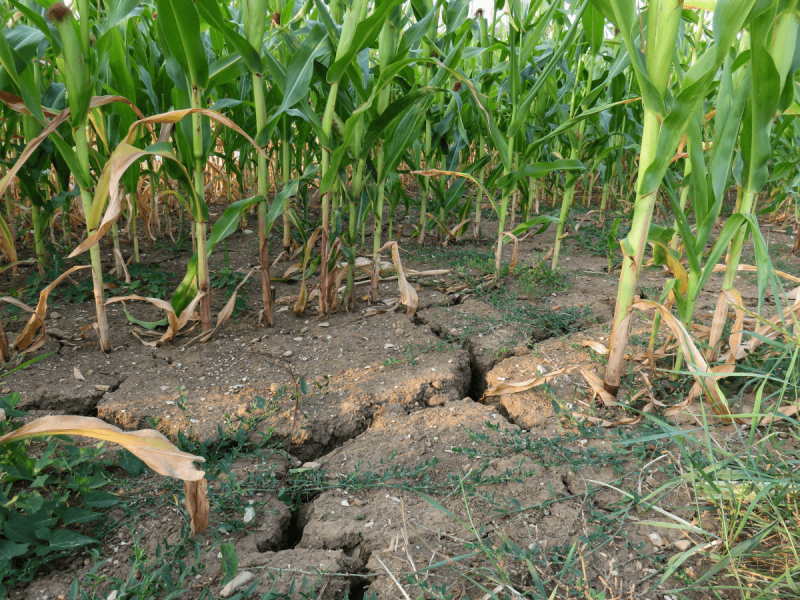Dr [Chris] Ojiewo of the International Maize and Wheat Improvement Centre (CIMMYT) says Kenya is on the path of a green revolution and has developed varieties of crops like wheat, rice, and maize, which require little rainfall. Such innovations can save the country and other African countries from increasing dependency on imported wheat, sugar, rice, and maize.
“Kenya passed a biosafety law in 2009. The enactment of the biosafety law paved the way for the commercialization of genetically modified products in the country. However, it has faced many legal challenges, including court cases by individuals and groups opposed to GMOs,” says [Charles] Ayoro, who is also a lawyer.
He observes that the occasional severe drought and famine in Kenya should force the country to re-examine the activities of major research institutions dealing with agriculture, forestry, wildlife, environment, and fisheries, including their success stories, achievements, and challenges.
Kenya’s population depends on maize as their main source of food, and maize production has been severely affected by frequent droughts. Drought leads to crop failure, hunger, and poverty, thus making farming risky for millions of small-scale farmers who rely on rainfall. The effects of climate change have worsened the situation.































